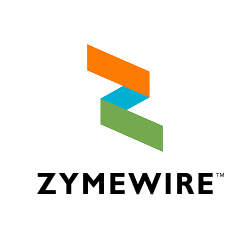Dive Brief:
- Gilead Sciences is looking at a new way to attack cancer, buying into a preclinical program from the Swedish biotech Sprint Bioscience.
- The deal announced Monday centers on a target known as TREX1. Research suggests a healthy TREX1 gene can help prevent overactivation of the immune system that leads to conditions such as lupus, but it may also help cancer cells hide from the body’s natural attackers. In oncology, researchers are trying to inhibit TREX1 to unleash anti-tumor immune activity.
- “TREX1 has demonstrated significant potential in the preclinical phase,” Sprint Bioscience CEO Johan Emilsson said in a statement. The new agreement calls for Gilead to pay Sprint $14 million up front and as much as $400 million more if the program meets certain clinical, regulatory and commercial milestones.
Dive Insight:
Gilead has bet billions of dollars on its oncology program, most notably five years ago with the $21 billion buyout of Immunomedics that came with the cancer drug Trodelvy. That drug, however, has failed so far to live up to initial expectations while also hitting some research setbacks. In 2024, Gilead said it would no longer sell Trodelvy for bladder cancer after a study failed to confirm the medicine’s clinical benefits.
At the same time, Gilead is facing increased competition for its cell therapy business. And while the company’s HIV franchise has helped it ride out the challenges in oncology, that business faces a great deal of regulatory uncertainty as the Trump administration targets HIV programs.
So, Gilead is continuing to look externally for drugs that can eventually provide a business boost. In August, the company announced a $350 million deal to buy Interius BioTherapeutics and its technology that can genetically modify immune cells inside the body.
The latest deal with Sprint gives Gilead yet another new option with relatively little risk, as the vast majority of the proposed payouts are contingent on the program’s success.














